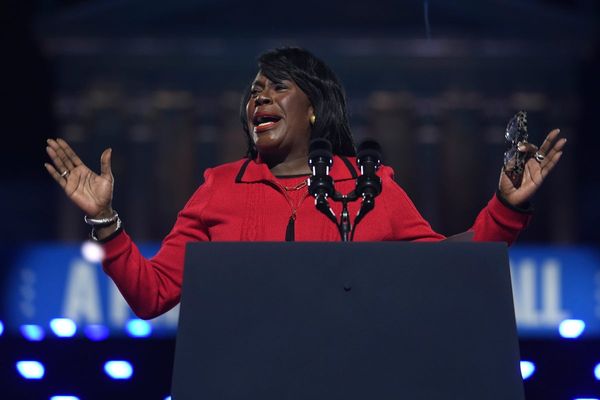
At least the government knows that it has a social mobility problem. This is to look on the bright side of the announcement that the controversial headteacher Katharine Birbalsingh is its newly appointed commissioner. The body she will lead, set up by David Cameron, has been a thorn in Boris Johnson’s side – as it was in the side of his predecessor. Report after report has pointed to the corrosive effects of extreme inequality – with the gulf separating the rich and advantaged from the poor and disadvantaged getting wider rather than narrower.
In 2017, the first commissioner, Alan Milburn, led a walkout on grounds that Brexit meant Theresa May’s government did not have the “bandwidth” to tackle the issues thrown up by entrenched unfairness. Since then, partly due to Covid, the situation has sharply deteriorated. A strongly worded report last year called on the government to increase the number of “opportunity areas” receiving extra funding, and said that “children’s opportunities in England are still defined by both the family they were born into and the area they grew up in”. A poll last year revealed deep unease, with only a third of 18- to 24-year-olds thinking that everyone had a fair chance in life. More recently, the Durham-born former White House adviser Fiona Hill warned that regional, economic and generational inequalities fuel populism that can, over time, become “a national security crisis” – as with last year’s attempted coup in the US.
Ms Birbalsingh is an energetic character. The school she runs in Wembley, north London, achieves impressive results. There is no doubting her commitment to helping pupils compete with peers from more privileged backgrounds for top grades and access to elite universities and jobs. But schooling, as the social mobility commission has previously pointed out, should not be viewed as a panacea. Last year, research showed that in areas of low social mobility, up to 33% of the pay gap was driven by family background and local market factors more than educational achievement.
Ms Birbalsingh is an evangelist for a distinctive, disciplinarian ethos. But it is not clear how her achievements in education have equipped her to take on this wider brief. Good grades may provide a ladder to society’s upper echelons for some hard-working teenagers. But the fortunes of whole communities and regions will not be turned around by a handful of golden tickets to Oxbridge or medical school.
She has also joined in attacks on “woke” culture, and accused leftwingers of racism, which makes it reasonable to ask whether her promotion to a national role has more to do with ideology than policy. Given cuts to universal credit, shrunken education budgets and a widening chasm between those who own assets and those who don’t, there is no chance that poor areas and people will be “levelled up” under Boris Johnson. As ministers seek to deflect attention from this, voices like Ms Birbalsingh’s, with their emphasis on individual striving and contempt for progressivism, are music to their ears.
Of course, decisions about jobs such as this will always reflect government thinking to some degree. But the choice of Ms Birbalsingh, following the appointment to key roles of allies including Dame Rachel de Souza (children’s commissioner), Josh MacAlister (care review chair) and Jo Saxton (Ofqual boss), reveals a narrow mindset. Good public administration draws on a range of expertise and experience. Confident, capable ministers look to those who will challenge as well as support. This government, though, is mainly interested in staying in power. And if its opponents want to remove it, they must now work out how to rebut the tempting tale that if only kids would knuckle down, inequality would go away.







